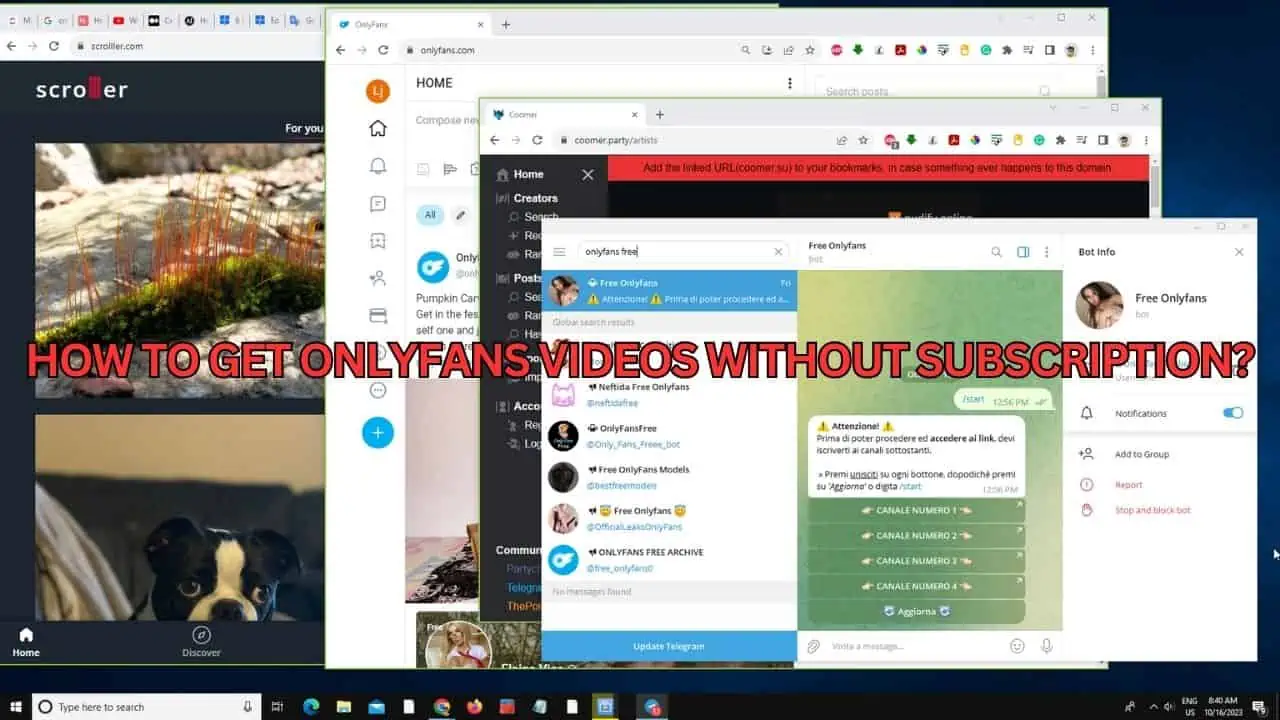Nokia CEO Stephen Elop Comments On New Blackberry 10 Devices, Windows Based Tablets And More
3 min. read
Published on
Read our disclosure page to find out how can you help MSPoweruser sustain the editorial team Read more
 In an interview to Australian Financial Review, Nokia CEO Stephen Elop commented about the new Blackberry 10 platform devices, possibility of Nokia tablet and more.
In an interview to Australian Financial Review, Nokia CEO Stephen Elop commented about the new Blackberry 10 platform devices, possibility of Nokia tablet and more.
On the query about Nokia releasing a Windows based tablet, he said that Nokia is learning from Microsoft’s Surface launch and will participate in the eco-system at right time.
“We haven’t announced tablets at this point, but it is something we are clearly looking at very closely. We are studying very closely the market right now as Microsoft has introduced the Surface tablet, so we are trying to learn from that and understand what the right way to participate would be and at what point in time.â€
When asked about the recently launched Blackberry 10 devices, he focused on the point that Nokia’s R&D investment is now heavily biased towards the things that make them stand out. He cited the photography capabilities in Lumia 920 much better than recently launched devices including Blackberry 10.
“I wouldn’t want to comment on how it [BlackBerry] looks. But when a business person or consumer is purchasing a smartphone today, what they are actually buying is much more than what you see in your hand,†he said.
“They are certainly buying the hardware and operating system, but they are also buying the full range of applications that may be available for the device. They are buying the cloud based services that are required to make this a complete experience, like mapping, navigation and music.â€
As a usual question, he was asked whether Nokia will do a Android devices, he explained the old story of choosing Windows Phone over Android and added the following about the current state of Android eco-system,
“On the Android side, we were very worried that we would be entering Android late relative to everyone else in the industry, that perhaps one vendor was already well on the road to being the dominant Android vendor at the expense of everyone else,†Mr Elop said.
“If we look back two years to when we made the decisions,then Samsung was big, HTC was pretty big and Motorola was pretty big. Of course what has happened in the two years isthat Samsung has captured the lion’s share of it and the others have been squeezed down to much smaller market share. We were worried about exactly that pattern forming.â€
Read more about it in the source link below.
Source: AFR









User forum
0 messages